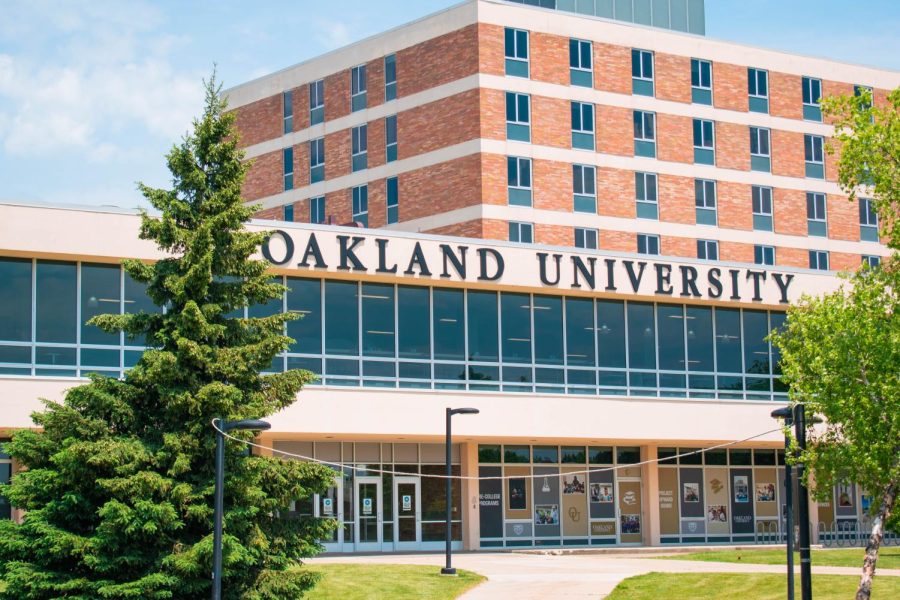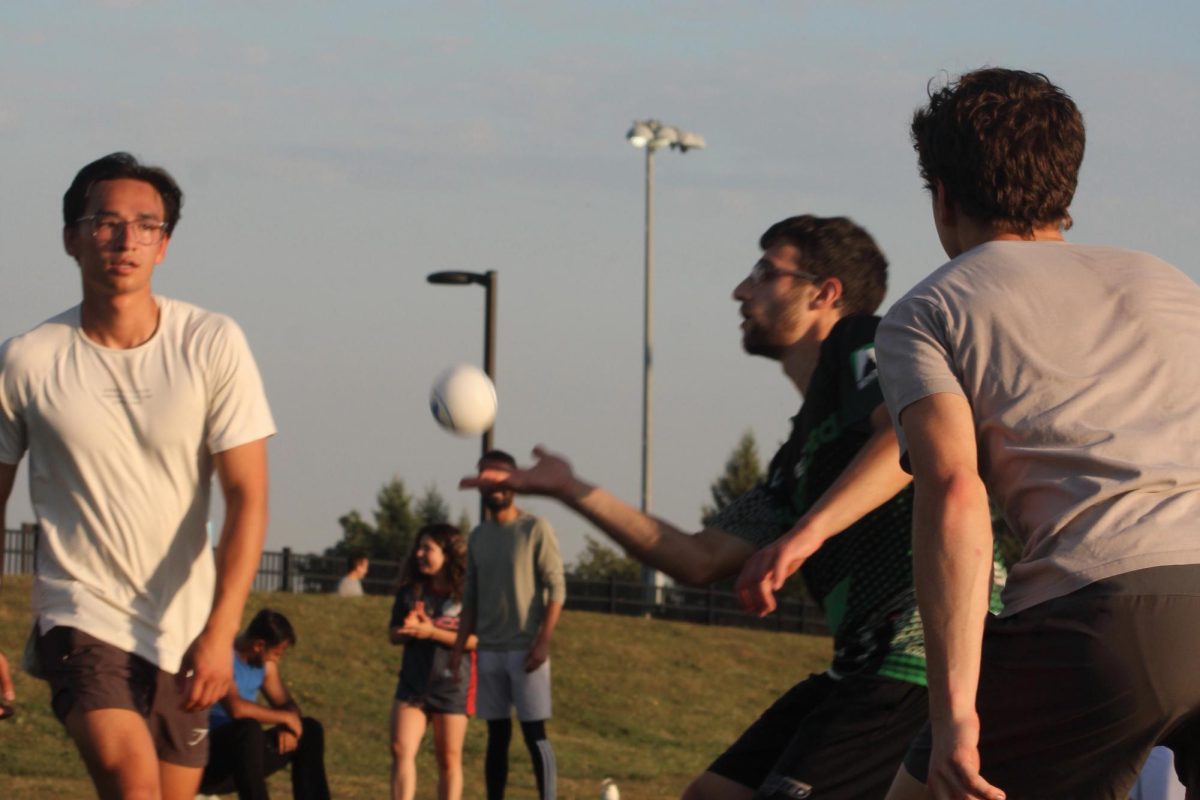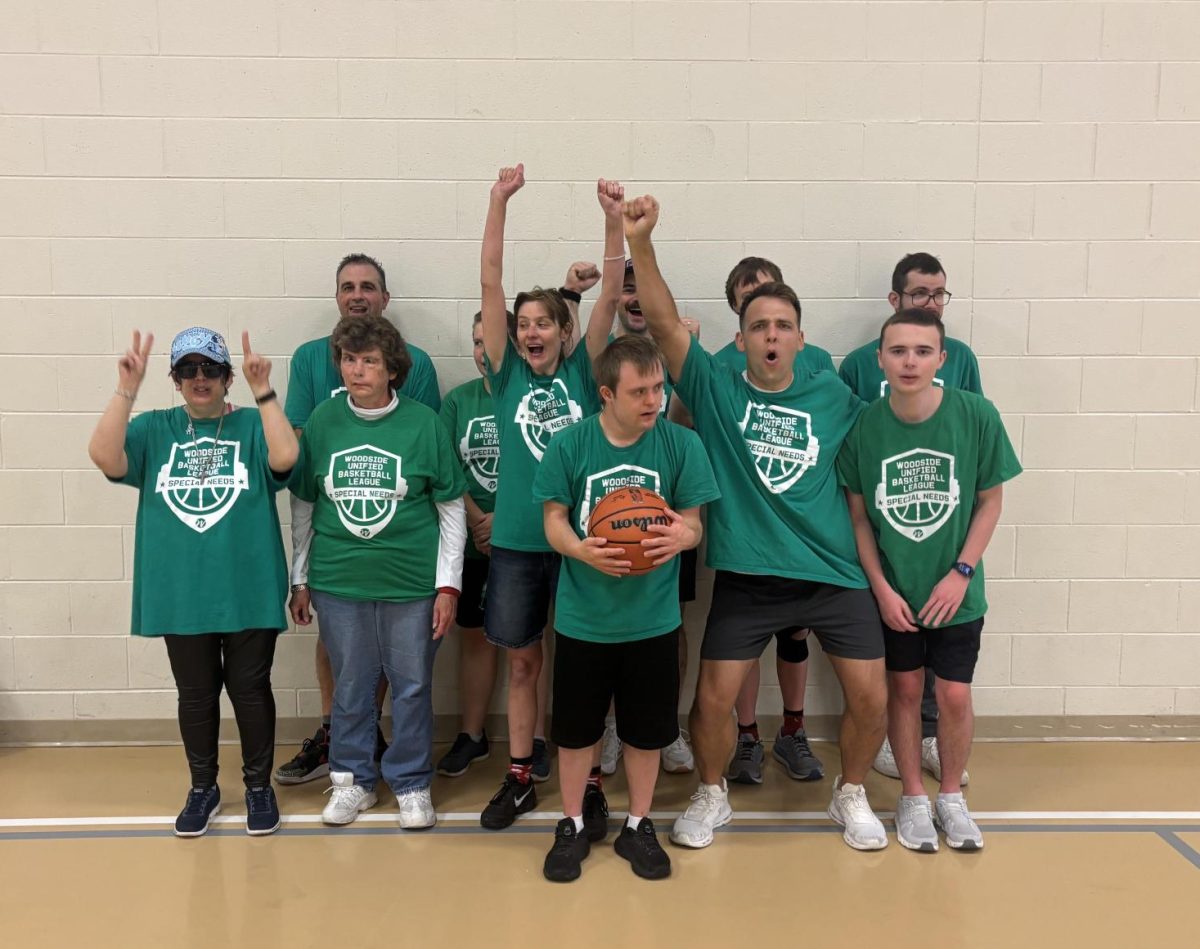Campus sustainability has been a hot-button issue in the minds of Oakland University community members, especially in recent times.
This year, activists have made many gains in preserving campus sustainability. In January, a student-led protest—and subsequent negotiations—led to the suspension of East Campus development considerations. Throughout the spring, pollinator gardens bloomed around campus due to the hard work of the Pollinator Conservation Organization and Oakland University Student Congress (OUSC).
In June, OU hosted the fourth annual Michigan Climate Summit. During the summit, it was announced a director would be hired to head the university’s first sustainability program.
October, sustainability month, saw an increase in environmentally conscious initiatives, one of which was the first-ever sustainability showcase. At the showcase, a large array of organizations — including the Student Organic Farm, CASE-OU, the Vintage and Secondhand Fashion Club and Sustaining Our Planet Earth (SOPE) — promoted their eco-friendly missions to attendees.
Environmental activism and education are values held by many. However, it would be remiss to ignore the efforts of the 1989 residence halls council in advancing the proliferation of sustainability initiatives on campus.
Residence halls council: Environmental committee
The OU residence halls council established its first environmental committee in 1989. The committee established a recycling program, encouraging residential students to promote environmentally conscious living practices.
Autumn Page, the marketing director of The Oakland Post in 2020, wrote an article chronicling the historic efforts of the first sustainability-focused student organization on campus.
“We want to maintain and promote a nice environment to be seen outside and inside the campus,” Kathy Terbrack, vice president of the residence halls council and coordinator of the environmental committee, said.
Recycling bins were placed on each floor of every residence building to promote the initiative. Recyclable items included flyers, typing paper, note pads, computer paper, brown grocery bags, corrugated cardboard, glass containers with no lids and metal containers, like pop cans.
The recycling program saw much success. Residential students eagerly engaged in the program, seeing their actions as a small part of a larger movement.
“My roommates and I went and got one of the recycling bins they have been giving out. It’s not like it’s hard to recycle, and a lot of good comes out of it, so why not?” Kelley Lind, a Vandenburg Hall resident, said.
Sustainability in the residence halls today
Today, the residential hall recycling program has evolved under the guidance of Sustaining Our Planet Earth (SOPE). SOPE is an OU Housing student-staff-led organization that promotes environmental awareness and supports sustainability projects on campus.
Members of SOPE are responsible for leading the residential recycling program, which has evolved greatly since 1989.
“SOPE ambassadors take out recycling from the residential halls each week,” Christina Eisenman, a SOPE ambassador, said. “We also educate students on which items are recyclable and which are not.”
In addition to managing the residential recycling program, SOPE provides environmental education to students by hosting engaging programs throughout the school year.
“In the past, we organized a program that taught students about microplastics. We handed out free water bottles at the event,” Eisenman said.
SOPE is committed to promoting sustainability awareness on campus. Yet, the important organization would not exist if it were not for the efforts the 1989 residence halls council made to establish the first campus recycling program at OU.






